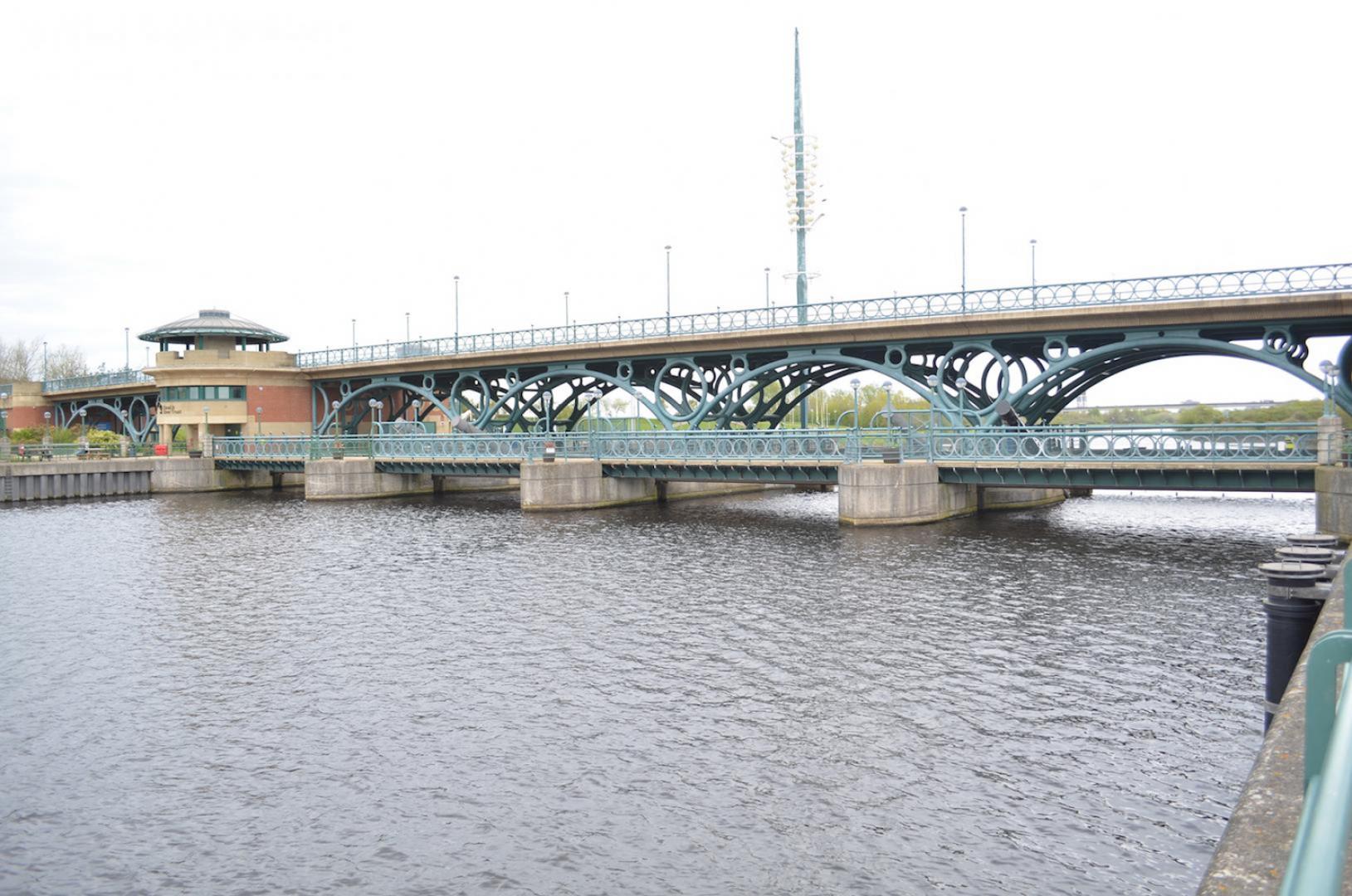ANGLERS are hoping for warm settled weather to give the Tees trout season a similar kick-start to last year.
Because of lockdown, we didn’t get underway until mid-May, but after the driest and warmest spring on record, insect hatches were good and the fish fed freely.
This spring has been dry but not quite as warm and sunny, so we will see over the coming weeks what impact that has.
It’s been a long winter, but anglers who cast for coarse fish and grayling were able to enjoy their sport for the Government recognised, thanks to the persuasive powers of the Angling Trust, that fishing was Covid safe and good for body and mind.
It was, therefore, one of the few outdoor activities allowed during lockdown.
Nationally, licence sales were up by more than 17 per cent last year (14 per cent in the North East), with some returning to the sport after a long absence and others taking up fishing for the first time.
The Environment Agency took an additional £2.4million from licence sales and that money will all be reinvested in improving fisheries.
Unfortunately during lockdown last spring, poachers took advantage of the absence of anglers, however, the agency was active, seizing illegal nets on North East rivers.
The agency is working closely with the police and anglers can play their role by reporting any illegal fishing or pollution incidents to the Environment Agency by ringing 0800 807060. It is a 24-hour number.
The agency’s work was curtailed by Covid, but they will now step up their activity, with monitoring and improving salmon and sea trout migration at the heart of the work.
Further improvements are planned for the Tees barrage and at other sites on the North East rivers and their tributaries.
Monitoring of salmon numbers has shown that during recent seasons, summer runs of fish are increasing, with smaller runs in autumn.
Personal experience confirms that. In the last two years I had salmon in August, blanked in September, and caught fish again in October, whereas in previous years, September and October were the most productive months, especially on the Wear but also the Tees.
We don’t know why the summer runs are now dominant, but the mystery of fish behaviour is one of the fascinating aspects of our sport.
Fewer commercial licences are being issued these days for netting sea trout at sea. Last year, just under 11,000 sea trout were caught in T-nets. Just six years ago the figure was 60,000. So in theory that’s almost 50,000 more sea trout a year that can migrate up the rivers to spawn.
Barnard Castle Angling Club is extending its free fishing for juniors’ scheme, with anglers up to the age of 21 now classed as juniors.
The club is trying to boost numbers and this excellent idea deserves the support of any youngsters considering taking up the sport.
A reduction in rent has again been agreed for the Lartington stretch of the Tees, and the club, which is trying to attract more members, appreciates the understanding of the landowner.
Salmon fishing on the Lartington water is fly only, though spinning is permitted from the Green Bridge down to the Lendings caravan park on the Startforth bank, with spinning allowed only until the end of September on the opposite bank.
There is no joining fee for senior members, with the annual subscription just £50 (£25 for over 70s). Anyone interested in joining can contact Frank Harrision on 07827 623300. Gareth Hinchcliffe has been appointed chairman of the club.
Anglers from outside the town can join as associate members, though without voting rights.
And the season is a long one, for coarse fishing, including for grayling is permitted, including bait fishing, from October 1 to March 14.
Before then a season of trout fishing lies ahead of us. The familiar early season tactic for many fly anglers is to fish three flies.
My own favourites are weighted Peasant Tail or Hare’s Ear on the point, with Snipe and Purple, Waterhen Bloa, Olive or Black Gnat on the two droppers.
Warm weather and good hatches of flies will help no end.







